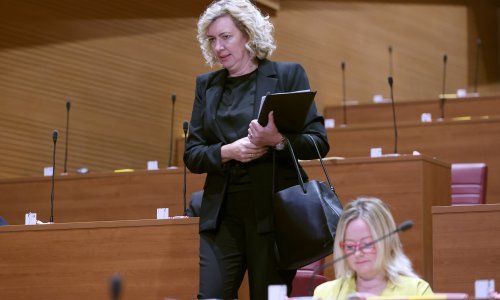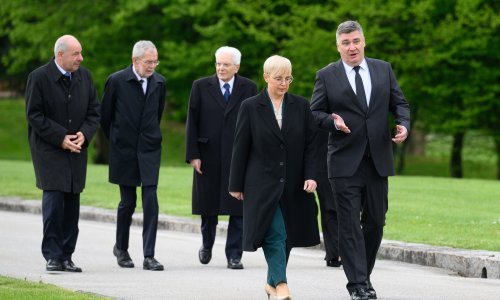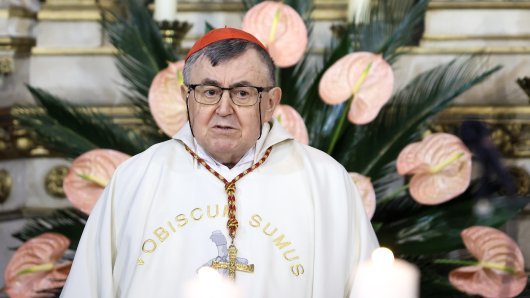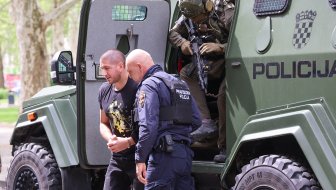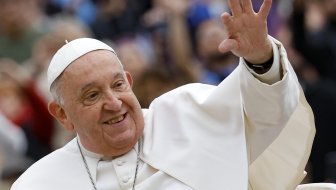Croatia wants to further develop good relations with its neighbours and will continue supporting the further process of EU enlargement, President Ivo Josipovic said in Zagreb on Monday morning after a breakfast meeting with regional leaders.
The meeting involved Slovenian President Borut Pahor, Serbian President Tomislav Nikolic, Kosovo President Atifete Jahjaga, Montenegrin President Filip Vujanovic, Albanian President Bujar Nishani, Macedonian President Gjorge Ivanov and all three members of Bosnia and Herzegovina's collective presidency, Nebojsa Radmanovic, Bakir Izetbegovic and Zeljko Komsic.
"Croatia's policy is such that notwithstanding its entry into the EU, it wants good neighbourly relations and further EU enlargement," Josipovic said, adding that the purpose of this informal meeting, which should become a regular forum of regional leaders, was to discuss topics of interest to the region.
"Today we particularly discussed the enlargement process and its pace, possibilities offered by joint projects, especially in infrastructure, and how we can help in settling outstanding issues that burden the region," the Croatian president told representatives of about 50 media outlets.
He noted that today's meeting was his joint initiative with Slovenian President Pahor, and announced the possible attendance of French President Francois Hollande at one of the future meetings.
Today's informal working breakfast, which had been announced by the Croatian President's Office last week, marked the beginning of regular annual informal meetings of heads of state from the eight countries of the region to which a leader of one of the EU member states or of the EU institutions -- the European Council, the European Commission or the European Parliament -- would always be invited. The idea of the 8+1 Group has been supported by the eight countries as well as by Berlin, Paris, London and the EU.
Josipovic's Office said that the further enlargement process was in the interests of Croatia and Slovenia, that they would seek partner countries within the EU that would advocate it equally strongly, and that they wanted to promote the region's political, economic and security interests. By launching this initiative, Presidents Josipovic and Pahor want to change the perception of the region in the EU and to show "the capacity of the political will to deal with matters through dialogue, not under EU pressure, but from within."
The regional leaders took the opportunity to once again congratulate Croatia on joining the EU as the 28th member on July 1.
Bosnian Presidency Chairman Radmanovic praised Brussels for taking a great step towards enlargement after a long while. "We expect the EU to take a further step in expansion to include Bosnia and Herzegovina and other countries," he said.
Montenegrin President Vujanovic said that Croatia's accession to the EU was a historic event and added that the EU had shown its willingness to continue the enlargement process. "We also see it as a good signal to Montenegro," said Vujanovic, whose country is the only one in the region to have begun membership negotiations. He expressed hope that Slovenia and Croatia, as EU members and the originators of this initiative, would promote the region in the EU.
Kosovo President Jahjaga said that Croatia's EU membership was important for the entire region and expressed hope that the Croatian-Slovenian initiative would put the entire region on the road to the EU.
The next meeting of this initiative is to be held in Slovenia.





